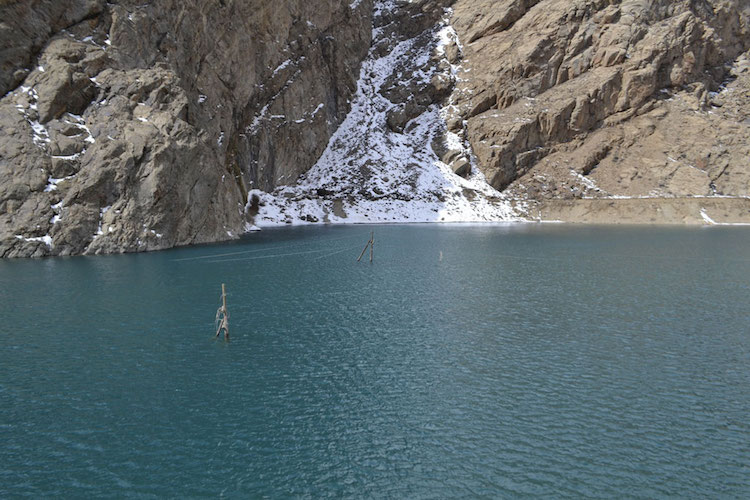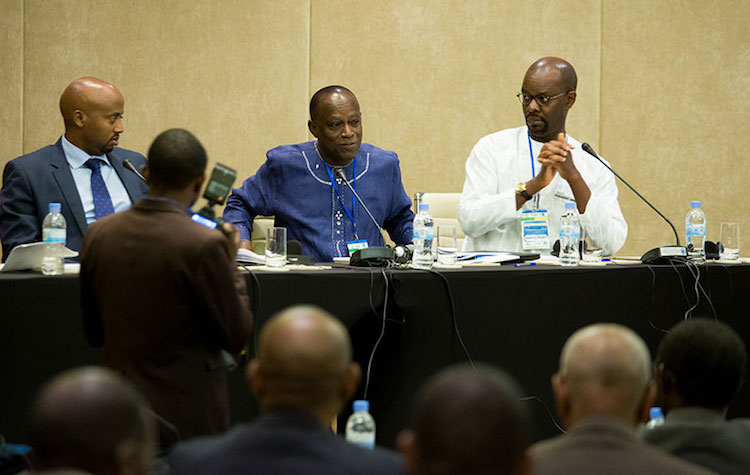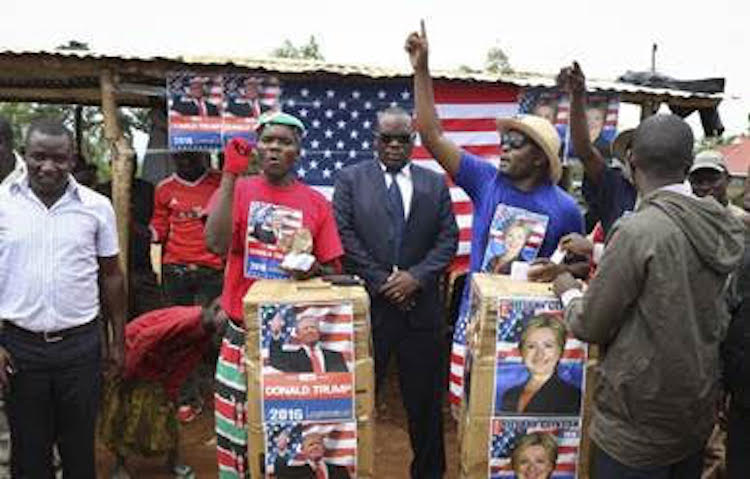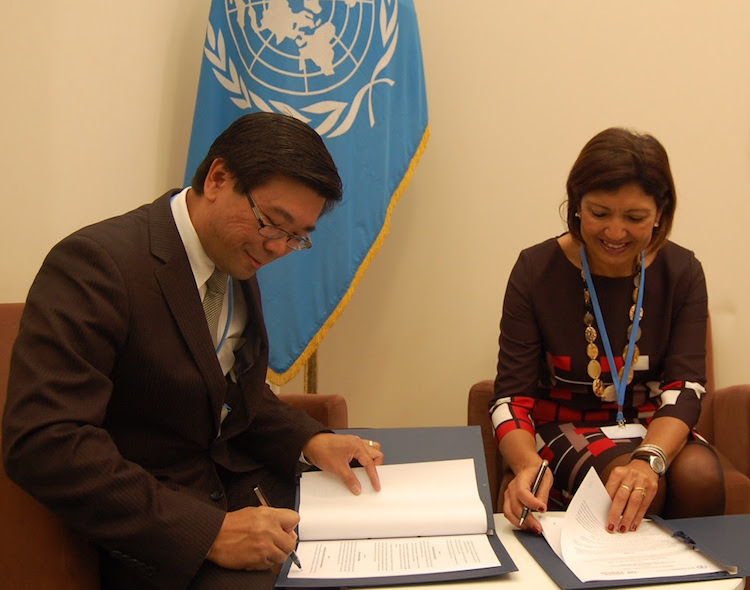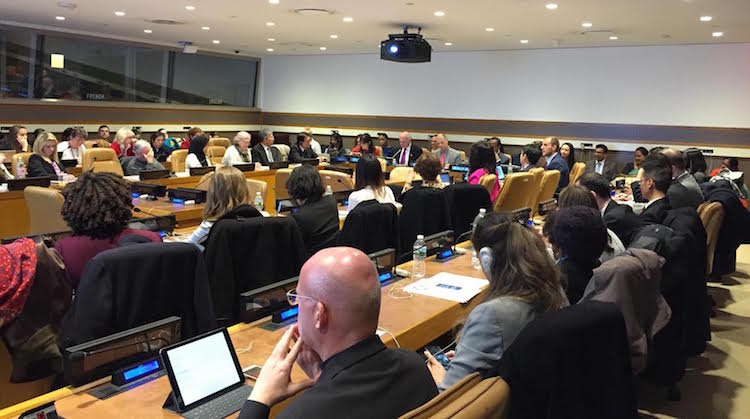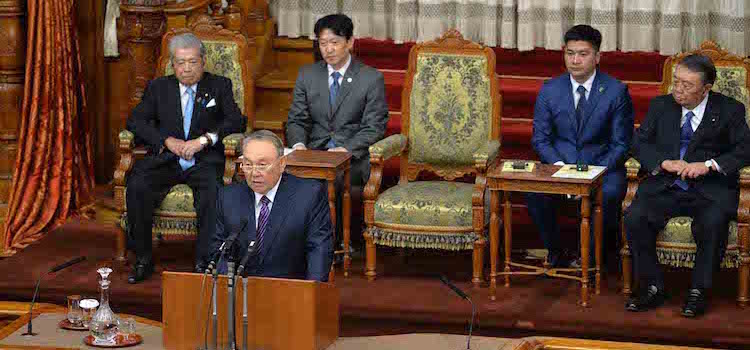By J Nastranis
NEW YORK (IDN) – While there is “a new dawn for global cooperation on climate change”, greater efforts are required to mobilize funding to address climate change, especially to support developing countries, according to UN Secretary-General Ban Ki-moon.
“Finance and investment hold the key to achieving low-emissions and resilient societies,” Ban said in remarks read by his Special Advisor on Climate Change, Bob Orr, to a High-Level Ministerial dialogue on climate financing at the 22nd Conference of Parties Conference (COP 22) to the UN Framework Convention on Climate Change (UNFCCC).

